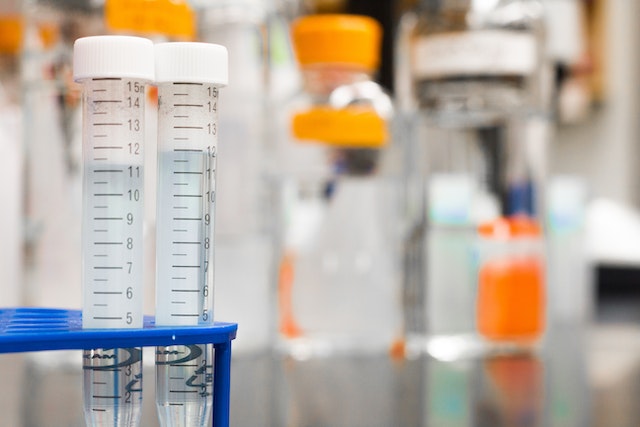Before undergoing a pre- Employment Drug Test Procedure, you should know your rights and responsibilities. Several laws prohibit hiring managers from discriminating against candidates who have a substance abuse history, are enrolled in a substance abuse rehabilitation program, or appear to be under alcohol or drugs. Fortunately, there are many ways to get the information you need to make an informed decision.
Contents
Detection Limits
Pre-employment drug tests are an essential aspect of a safe and productive workplace. These tests can help determine whether a potential employee is fit to work in a company and what type of work environment they would be best suited for. There are also certain myths about these tests. Firstly, some people think drug use in the workplace does not significantly impact safety. However, studies have shown that drug and alcohol use is a leading cause of work-related fatalities, which is why pre-employment drug screening near me is necessary.
There are two common types of detection limits: point-of-care and lab-based tests. In lab-based testing, the cut-off levels are similar to those used in point-of-care testing. However, urine, oral fluid, and hair follicle tests have different cut-off levels.
Testing Methods
Pre-employment drug tests may be administered with saliva, urine, or blood. The urine test is the most commonly used and is less expensive than other methods. The cut-off level varies depending on the type of job. Saliva drug tests are also effective in detecting the presence of certain substances.
Random drug testing takes place without advance notice and is often used to deter employees from taking illegal drugs. The test is conducted by drawing a random sample from the employee pool. The results of the test are then made available to the employer. Periodic testing can also be planned, such as once a year or quarterly. Some companies may use return-to-duty drug tests for existing employees, such as those who have been away from the company for an extended period.
Random drug tests are not recommended for everyone. While they help determine whether someone is a risk to the workplace, they should only be used if a potential employee is suspected of being on drugs. The employer has the right to revoke an offer to hire someone who has been tested for drugs. Random tests are also conducted after an accident on the job. Accidents can result in personal injury or property damage, and the employer wants to make sure that drugs have not been a contributing factor.
Legality
Pre-employment drug testing is a growing trend among private and public employers. However, it is vital to know the legality of this procedure before you agree to it. The lawfulness of pre-employment drug tests depends on the location and job the employer offers. Contact an employment lawyer to determine your options if you are uncertain about your rights. Your lawyer can explain your legal rights and help you file a lawsuit if necessary.
In most states, drug testing is legal based on reasonable suspicion. However, reasonable suspicion is a very slippery standard and is not always proven. In addition, in some states, refusing a drug test can lead to termination, and the condition may even deny you unemployment benefits if you refuse to take one.
Susceptibility Criteria
Random or pre-employment drug testing is an important safety measure for employers. The tests allow employers to exclude people who may be substance abusers from the workforce. The tests also help to prevent current employees from taking drugs. The employer receives the results of these tests.
All applicants receiving a conditional job offer must pass a drug test. This testing is typically conducted by the Occupational Health department. Certain safety-sensitive positions are also subject to random drug testing, including Certified Registered Nurse Anesthetists, Medical Doctors of Anesthesia, select Storeroom employees, and employees transporting patients in rented or leased vehicles.





